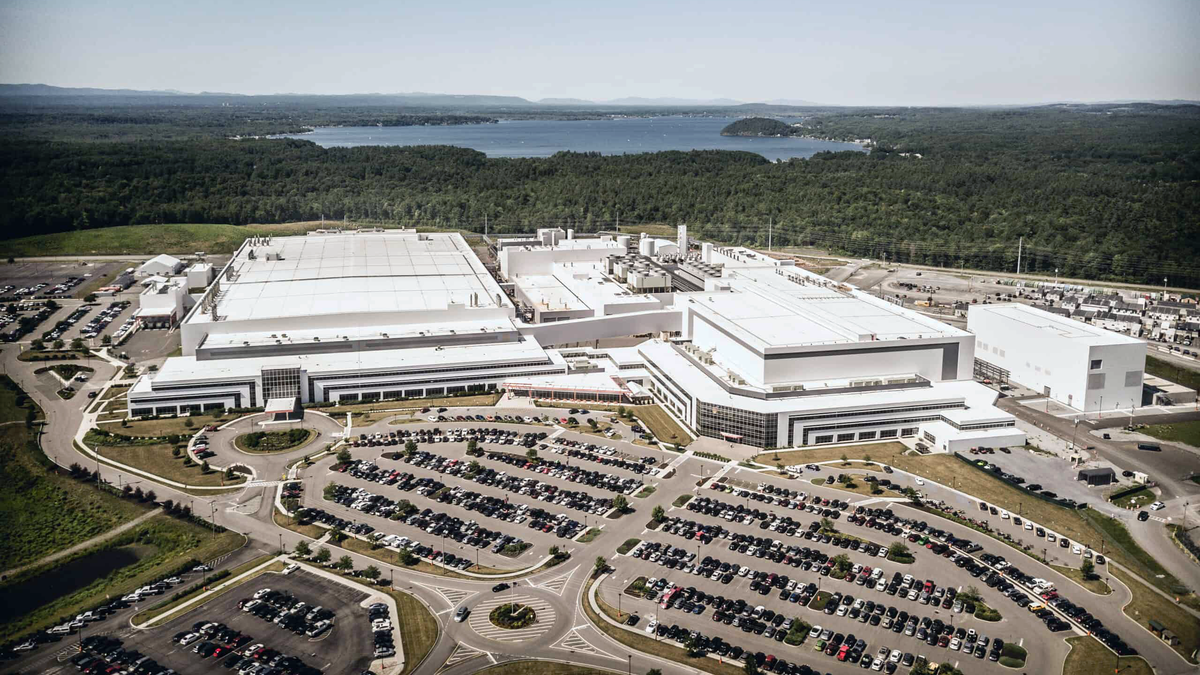Semiconductor industry proposes new ‘Chipmaker’s Visa’ for H1B program — program would address extreme talent shortages in chipmaking industry::American semiconductor industry needs tens of thousands of foreign workers, so the government has to alter H1-B visa program, U.S. chipmakers believe.
There is also an education gap. For whatever reason, this type of work is considered extremely niche in North America and even if 100% of local ECE graduates were hired there would still be both a labour and skill shortage.
Also the majority of the people in the local education programs I’ve seen are also studying from abroad, so they need a visa once they graduate to actually do the work.
Its odd, since it is such a strategic industry, that there is not a more clear strategy here beyond just hiring abroad to fill the massive gaps.
In some ways these companies benefit from the extra power they have over their workers when they depend on employment for their right to stay in the country, but eventually the companies just end up looking like a less promising risk to take versus just going to work in other countries.
It’s considered extremely niche because the west was happy to outsource what they thought of as low value work (at least it was viewed this way historically).
The entry level work is definitely considered low value, and I can see why, but I don’t think it’s any different than a first year accountant or lawyer for example.
Of course the big accounting firms are also starting to rely on outsourcing and foreign hiring strategies but semiconductor has been doing this for 25+ years already.
And accounting is not really a strategic sector
crucial for developing advanced businesses, high value consumer products, and military technologies…Its a big missed opportunity that will affect the west for decades to come.
Engineering (esp. electronic) is out of fashion with the current generation coming through higher education, and I think most of it is down to the industry being seen as magic in the high school period.
At the time I came through, to use high technology you needed to understand it to some level. Now, you don’t need to know anything. Interviewing students for internships now, you find that people are only getting exposed to the basics of digital electronics at university and suddenly this whole world of opportunities appears in front of them. This is after they are already on the course though. We’re missing out on so many potential engineers who go do different things because they have zero concept of how anything works, and what they might be able to do in the industry.
There’s no reason a 12yo can’t build simple digital logic circuits except that they’re not exposed to it.
Some 12yo’s discover it through things like Minecraft and arguably that’s the best time to start.
If someone put a “Redstone circuits” unit in a general science class in grade 7, and spent just one day talking about the real-world applications think it would be a success.
There is also an education gap.
Yet, most of the people crying about “foreigners coming in to steal American jobs” through H1B and other types of visas are often not intelligent enough or educated enough to take these jobs and are unwilling to change the education system to provide financial aid for the education of people who do have the brains to take these jobs.
The US is trying to move TSMC operations to US soil.
I’ll copy and paste it again:
I will keep reposting my thoughts on what’s going on.
Xi told Biden that China plans to invade Taiwan. This is an act of diplomacy, giving the US a chance to prevent this from triggering WWIII.
China wants Taiwan for a myriad of reasons, not the least of which is TSMC, coupled with the AI embargo the US has levied on China. China must invade Taiwan if they want to be relevant in the tech sector 10 years from now.
Suddenly, Intel, who was once competitive with TSMC and now relies on them entirely, is telling us that “we will be beyond TSMC by 2024” really? No one’s buying it. Sounds like a publicity headline to satisfy military brass or some senators or something.
Now we’re investing directly in domestic chip manufacturing.
I’m surprised it’s not more cash tbh.
The US is trying to effectively move TSMC operations to US soil, in some form or another.
This shouldn’t need to be said, but I caution everyone reading your comment to consider it may be wrong.
A lot of it seems correct to me. Would you like to actually rebuttal the comment instead of making a vague statement?
Oh, 100%.
My background in geopolitics is basically non-existent.
This is “do your own research” levels of postulation.
Having said that, I’ve been singing this tune since nVidia became a trillion dollar company. I do have a background in the tech industry, and can confidently say that there’s a single factory in Taiwan that FANG and our Military rely on supplying American chip makers. This is the basis of my observations/thoughts.
The ramped up tensions in the South China sea were a harbinger of Xi’s statement to Biden in December.
To be fair, Intel was ahead of TSMC in manufacturing processes size for a while there but they were measuring it differently from them. Hence the whole process size rebranding that unfortunately looked really shady without context. Now as far as throughput and yield… that’s going to take some work. Not sure what their yield has been as of late but I’m not convinced it’s nearly as competitive.
Don’t forget there is also a “willing to be abused by their employer” gap.
But is it really a shortage? Or are they just looking for cheap labor?






